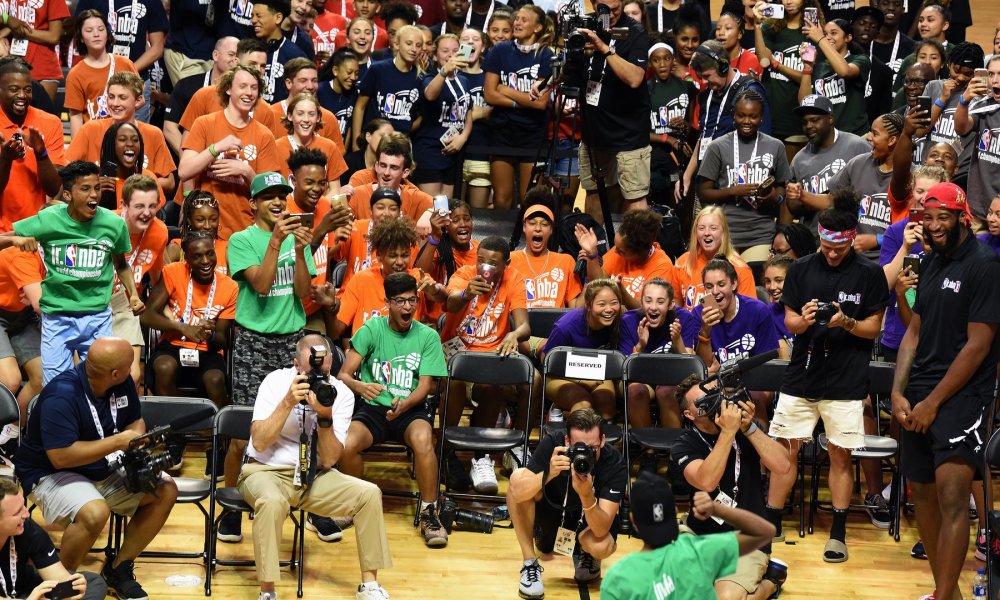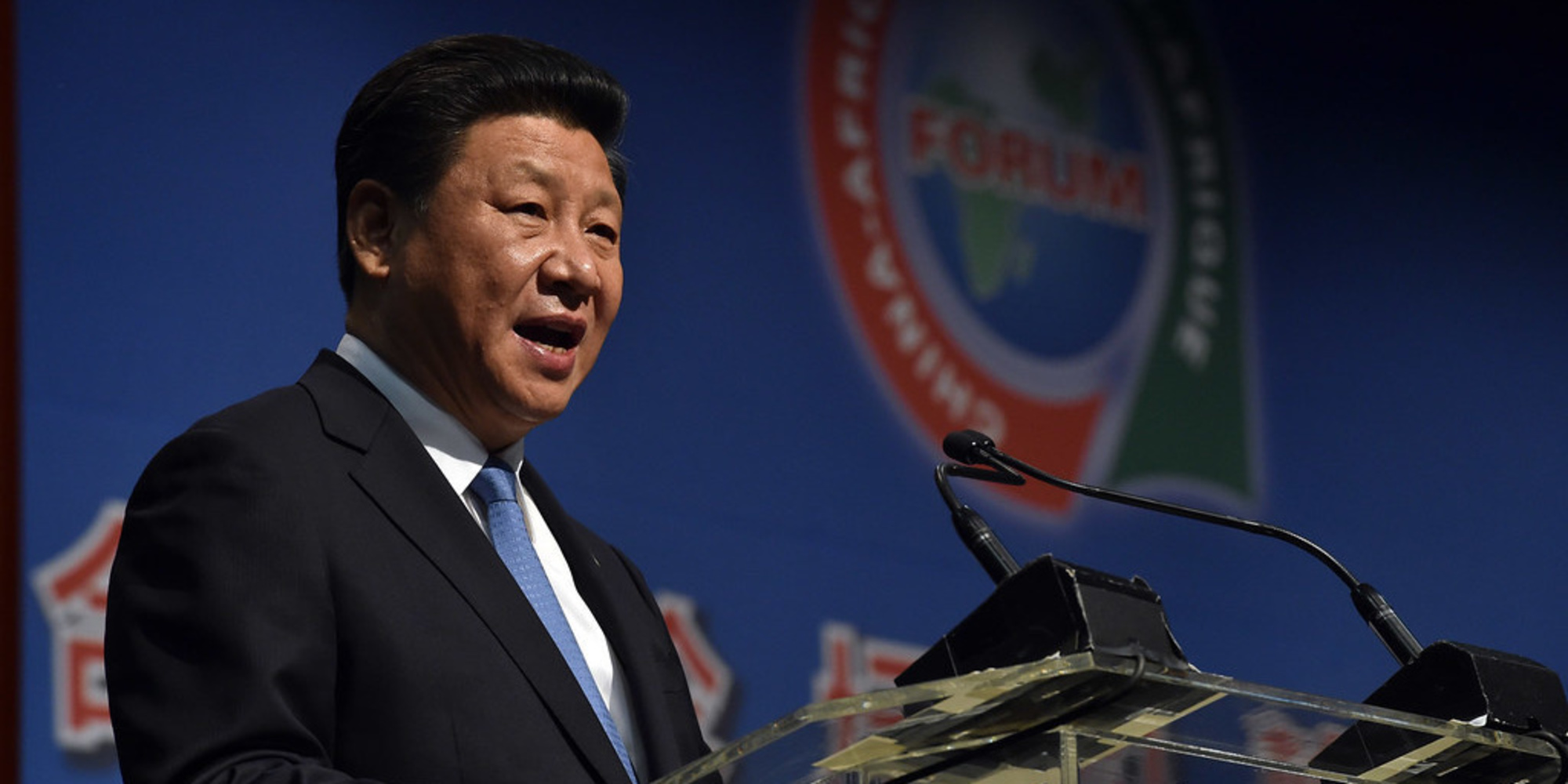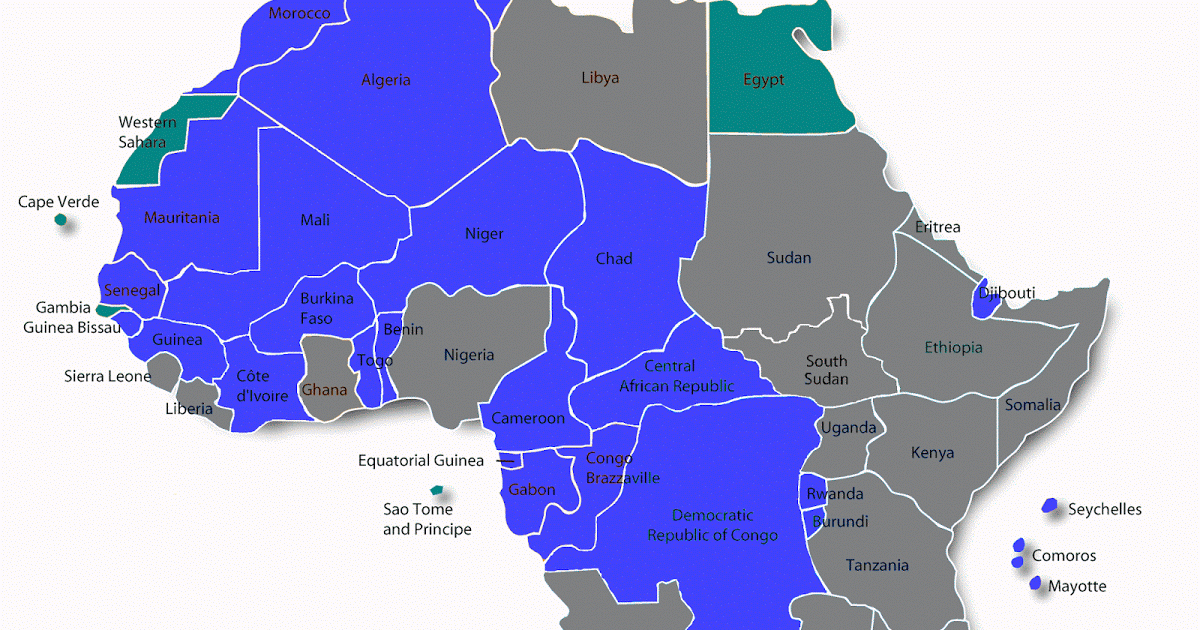NBA announces the roster of boys and girls teams that will represent Africa in the Jr. NBA Global Championship
Twenty Youth Players from Eight African Countries selected to compete in Second Jr. NBA Global Championship in U.S. Aug. 6-11 at ESPN Wide World of Sports Complex at Walt Disney World in Florida
The NBA today announced the 10 boys and 10 girls who will represent the African continent in the second Jr. NBA Global Championship, a youth basketball tournament for the top 13- and 14-year-old boys and girls teams from around the world that will be held Aug. 6-11 at ESPN Wide World of Sports Complex at Walt Disney World near Orlando, Florida.

The 20 youth players representing eight African countries were selected from Jr. NBA programs and clinics held across the continent. Bahati Mgunda (Tanzania) and Samba Fall (Senegal) were selected to coach the girls and boys teams, respectively.
*Africa Girls Team
- Shaza Ayman (Egypt)
- Badmus Mistura Bisola (Nigeria)
- Fatou Cisse (Senegal)
- Jana Ehab (Egypt)
- Merit Atebe Innocent (Nigeria)
- Sandrine Kamgain (Cameroon)
- Ndeye Ndiaye (Senegal)
- Aisha Nhantumbo (Mozambique)
- Leslie Catherine Njukoua (Cameroon)
- Kadidia Traore (Mali)
*Africa Boys Team
- Hassan Amer (Egypt)
- Badara Aliou Diakite (Mali)
- Khadim Rassoul Diongue (Senegal)
- Seydina Limamoulaye Faye (Senegal)
- Mohamed Fofana (Guinea)
- Dieu Merci Bolisomi Ilonga (DRC)
- Ngeleka Kabeya (DRC)
- Said Nkene F. Michel (Cameroon)
- Marouf Moumine (Cameroon)
- Emmanuel Owonibi (Nigeria)
In the inaugural event last year, the Africa & Middle East boys team won the international division to advance to the global championship game where they lost to the U.S. Central boys team and finished as the tournament runner-up. Marouf Moumine (Cameroon), who will be returning with the Africa boys team, was recognized with the Determination Award at last year’s event and is now a member of The NBA Academy Africa in Saly, Senegal.
He joins Said Nkene F. Michel (Cameroon) as the only other male player returning from last year’s team. Sandrine Kagmain (Cameroon) and Kadidia Traore (Mali) will make their second appearance in the Jr. NBA Global Championship after participating in the Africa & Middle East girls team in the inaugural event.
The Jr. NBA Global Championship will feature boys and girls divisions, separated into the U.S. and international brackets that begin with round-robin play and continue with the single-elimination competition. The winners of the U.S. and international brackets will play in the global championship games on Aug. 11. During the weeklong event, all 32 teams will participate in activities designed to reinforce the Jr. NBA’s core values and provide the players with development opportunities and memorable experiences off the court, including life skills sessions, Disney park visits, and a community service project.
Kelechi Deca

Kelechi Deca has over two decades of media experience, he has traveled to over 77 countries reporting on multilateral development institutions, international business, trade, travels, culture, and diplomacy. He is also a petrol head with in-depth knowledge of automobiles and the auto industry.








